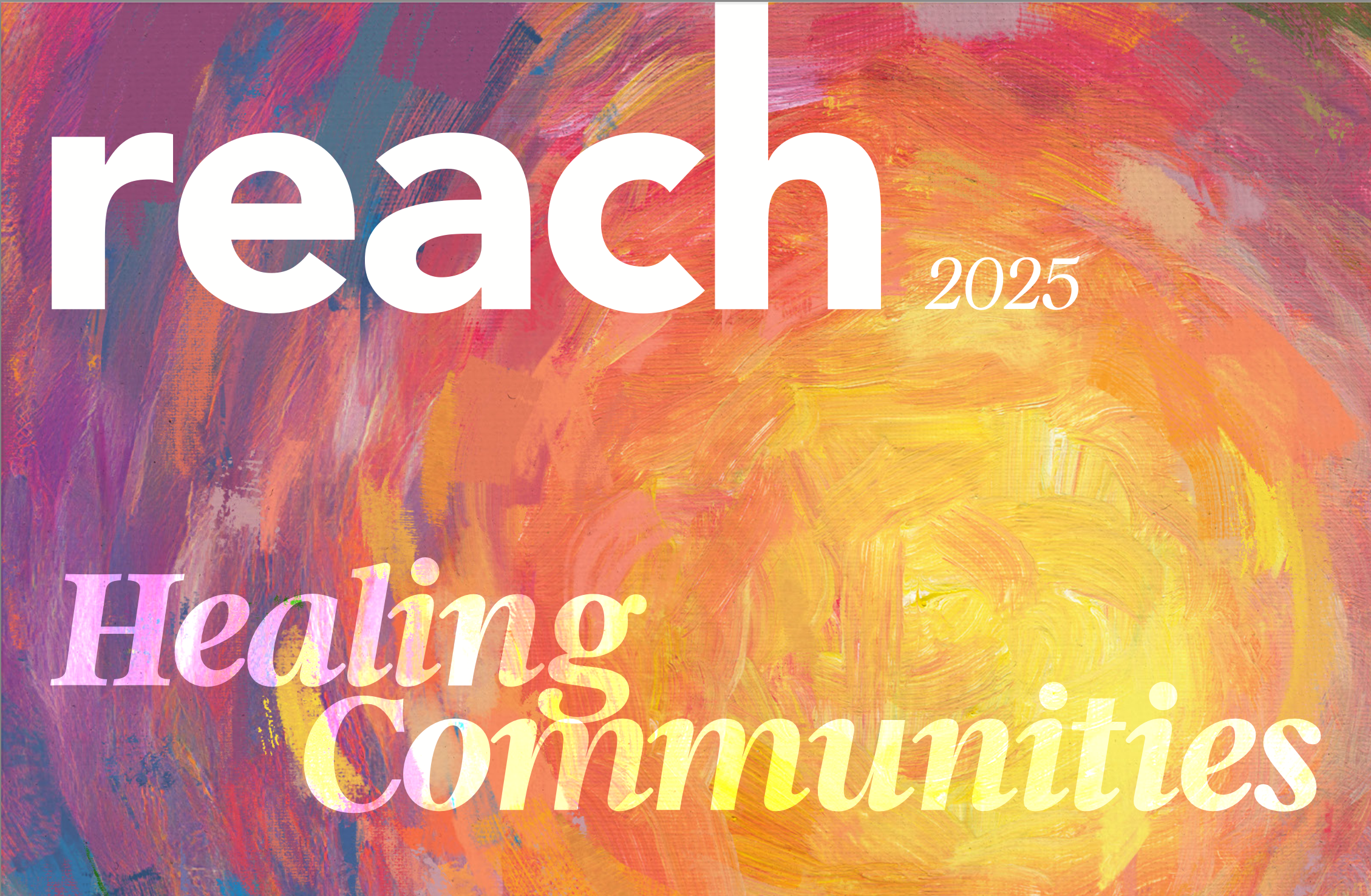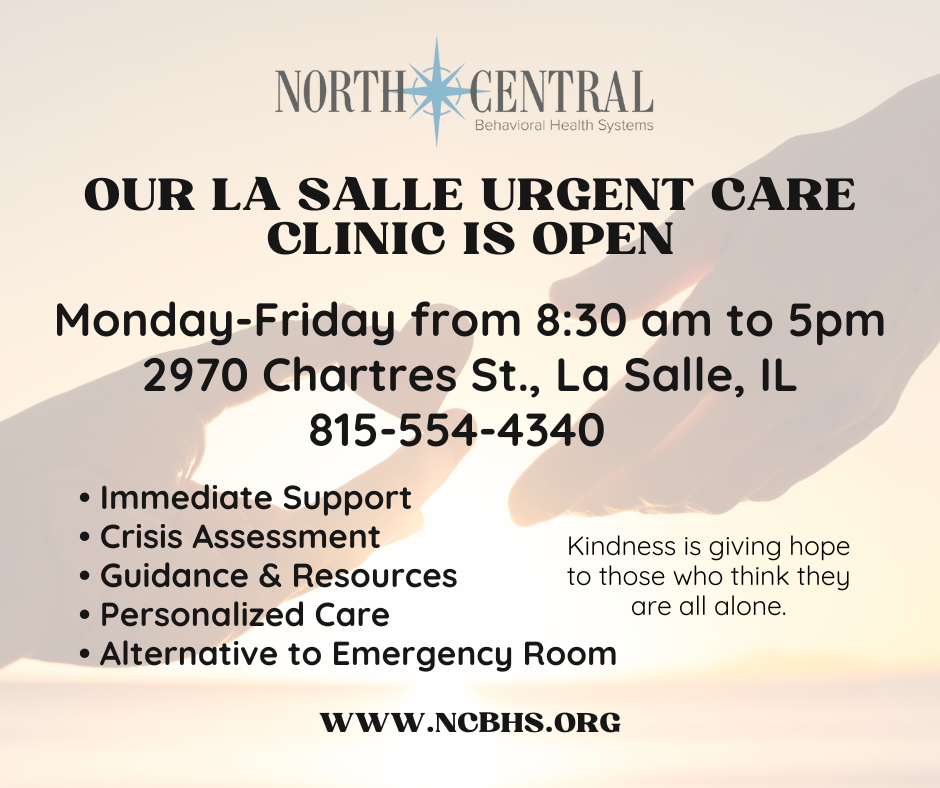At this time of year many children are making the transition from a fun filled summer to the excitement of a new school year. Having some anxiety and apprehension about a new situation is part of their normal development and with understanding and patience parents can help children build coping skills and their anxiety can be relieved.
However, some children’s anxiety is so intense that it becomes a separation anxiety disorder. These children’s fears keep them from normal activities. Here are some examples:



